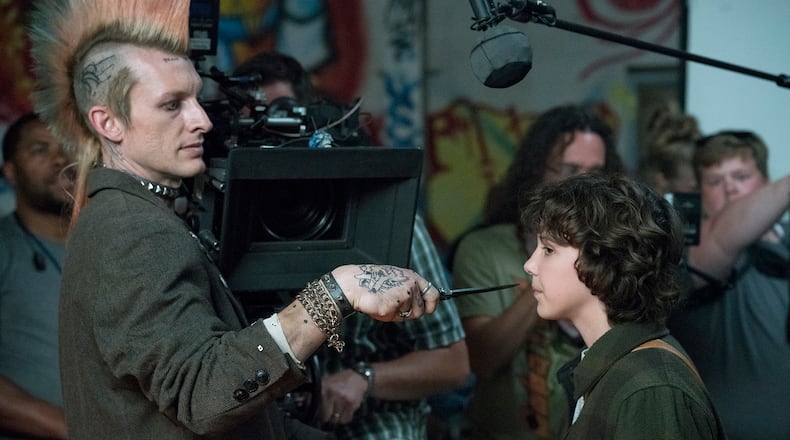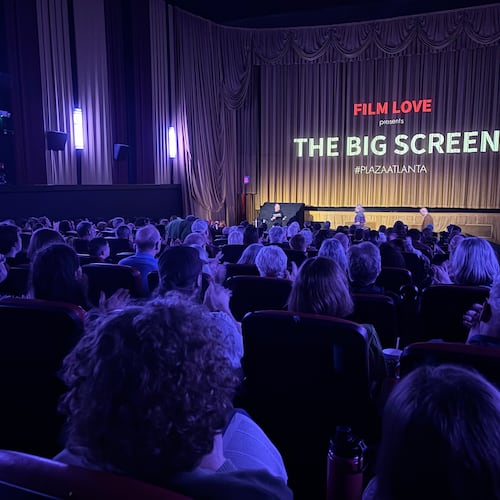As expected, nearly all union members representing most crew members on TV and film sets have authorized their leadership to strike if they can’t get a contract to their liking.
About 98.7% of the members who voted said yes over the weekend and 90% of its 60,000 eligible union members participated.
Reflecting the urgency of what’s happening now, only about 30% of members voted to ratify the last contract three years ago.
This is the first time the International Association of Theatrical Stage Employees (IATSE) has ever authorized a nationwide strike in its history. The union represents cinematographers, operators, grips, editors and hair stylists, among others.
In Georgia, this would mean the shutdown of more than 50 existing films and TV programs, with thousands of people immediately out of work including actors, directors and writers.
Talks have stalled between IATSE and the organization that represents the producers, The Alliance of Motion Picture and Television Producers (AMPTP), which represents companies like Netflix, Amazon, WarnerMedia, Sony and Disney.
“The members have spoken loud and clear,” IATSE president Matthew D. Loeb said in a statement on Monday. “This vote is about the quality of life as well as the health and safety of those who work in the film and television industry. Our people have basic human needs like time for meal breaks, adequate sleep, and a weekend. For those at the bottom of the pay scale, they deserve nothing less than a living wage.”
The producers, under pressure to create more content during a transitional time where more and more people are seeking streaming services, recently released a statement saying it addressed many of the issues IATSE raised concerning pensions, wages and hours. But IATSE said it was inadequate.
AMPTP released this statement Monday after the strike authorization vote passed; “The AMPTP remains committed to reaching an agreement that will keep the industry working. We deeply value our IATSE crew members and are committed to working with them to avoid shutting down the industry at such a pivotal time, particularly since the industry is still recovering from the economic fallout from the COVID-19 pandemic.”
Hollywood has been rushing to catch up after losing several months of production last year over COVID-19. Crew members say they are working longer and longer hours, often without meal breaks, which is taking a mental and physical toll on them.
It’s unclear the time frame IATSE is placing on getting back to the bargaining table and seeking a solution before calling a strike.
Credit: Steve Dietl/Netflix
Credit: Steve Dietl/Netflix
About the Author
Keep Reading
The Latest
Featured





